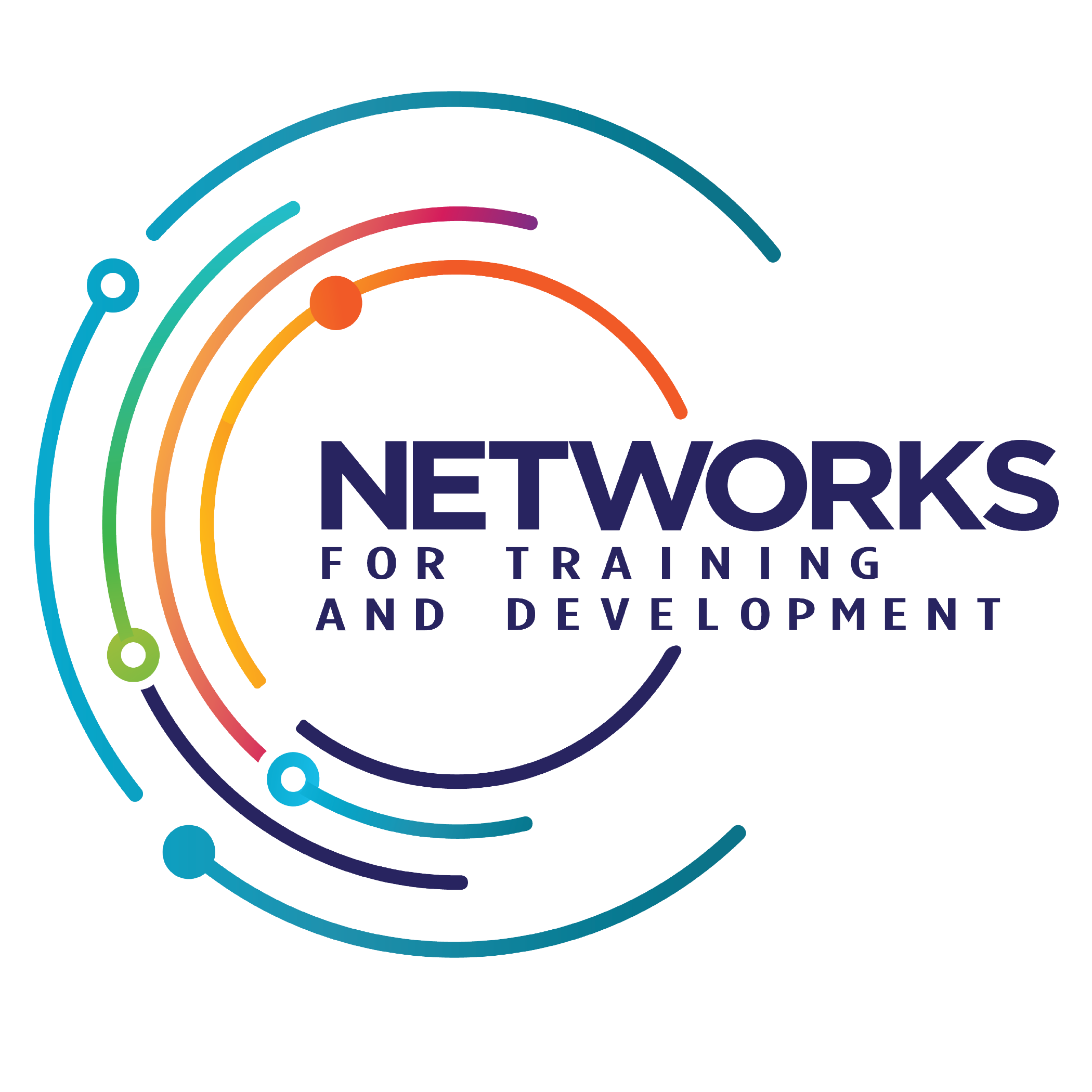When we talk about independence in the disability community, the word tends to carry a lot of weight.
It’s often tied to ideas like “doing things by yourself,” “not needing help,” or “proving you can manage alone.” But here’s the thing: true independence isn’t about doing everything on your own — it’s about having the right supports to live life your way.
The Myth of “Do It Yourself”
Somewhere along the way, society started equating independence with total self-sufficiency — no help, no accommodations, no support systems. But this one-size-fits-all idea of independence can be not only unrealistic, but harmful.
Whether it’s using assistive technology, having a personal care attendant, or just knowing someone’s got your back, relying on others doesn’t take away your autonomy — it can actually enhance it.
Real Independence = Choice and Control
At its core, independence means choice, freedom, and self-direction. It means having the power to say:
- “I need help with this.”
- “This works better for me.”
- “I want to do this my way.”
Having access to supports — whether they’re tools, services, people, or community resources — is what actually makes those choices possible.
Support Is Strength
There’s a word we love around here: interdependence. It’s the idea that we all rely on each other — and that’s not a flaw, it’s part of being human.
Interdependence reminds us that:
- Everyone needs support sometimes.
- Building community and connection isn’t a backup plan — it’s the plan.
- Systems and services exist so people can thrive — not just survive.
Let’s Shift the Narrative
Instead of asking, “Can this person do it alone?” what if we started asking:
- “What supports would make this easier?”
- “How can we create more accessible pathways?”
- “What does independence look like for them?”
When we broaden our definition of independence, we make room for real freedom, self-expression, and dignity. And that benefits everyone.

